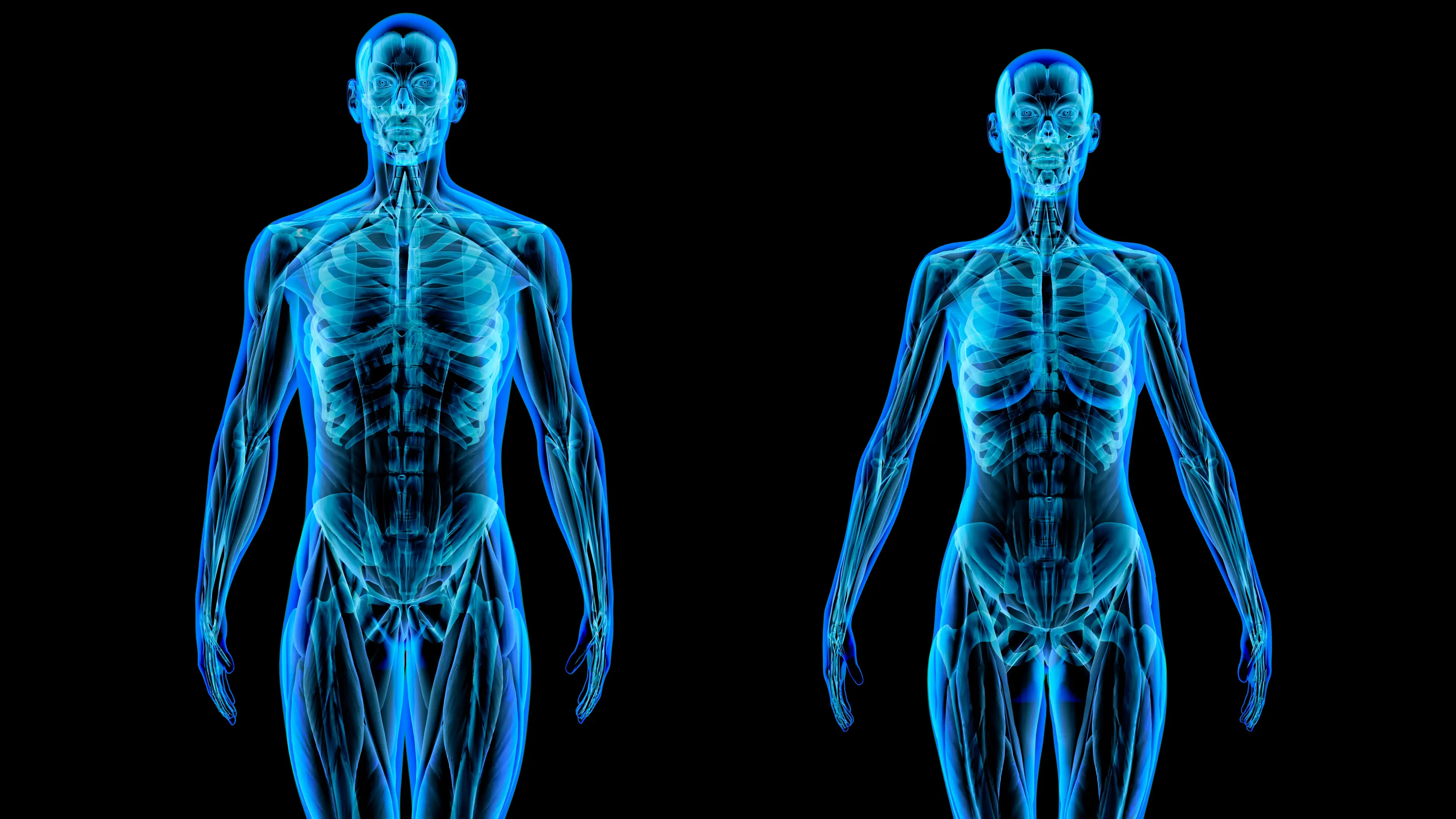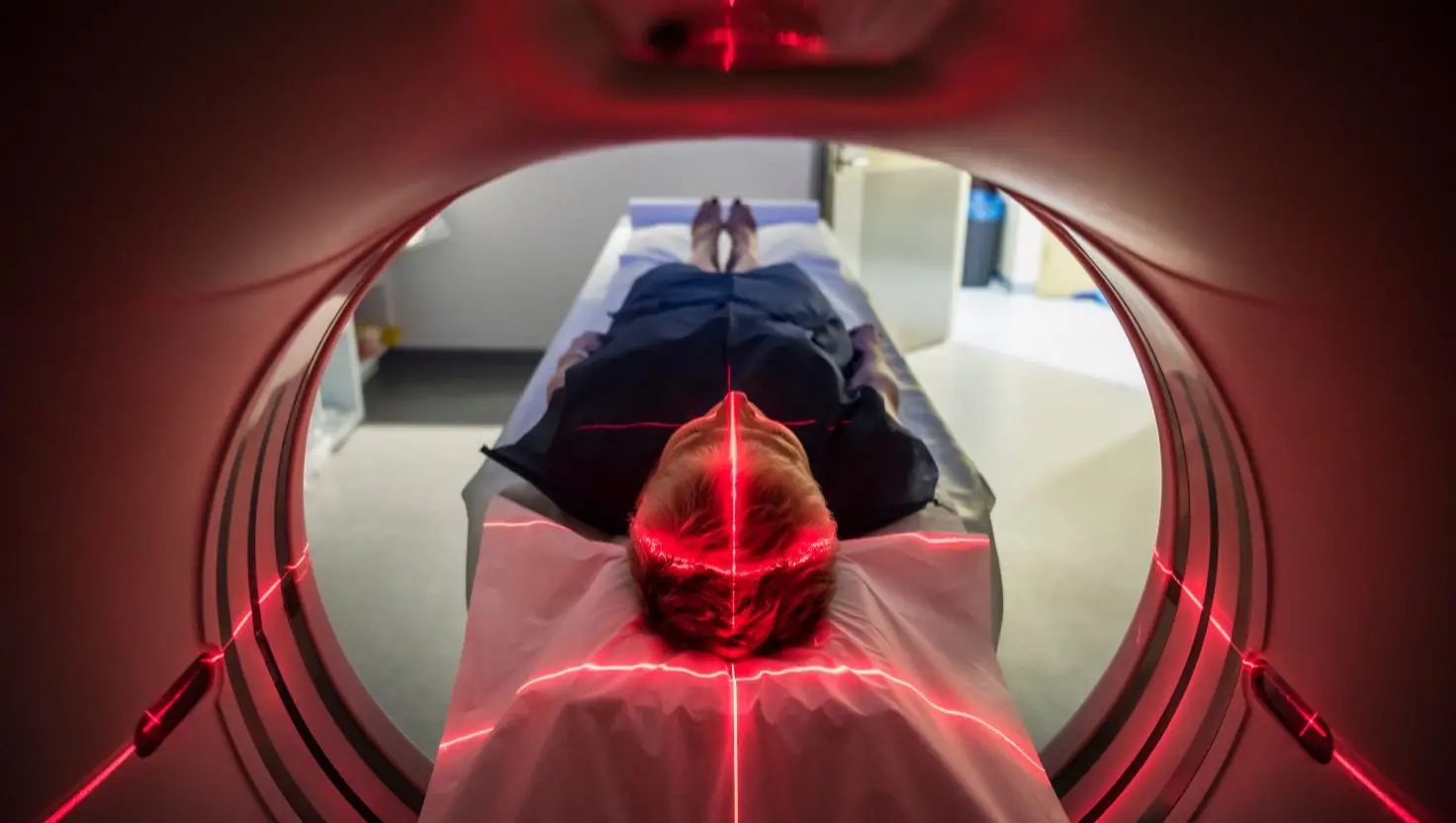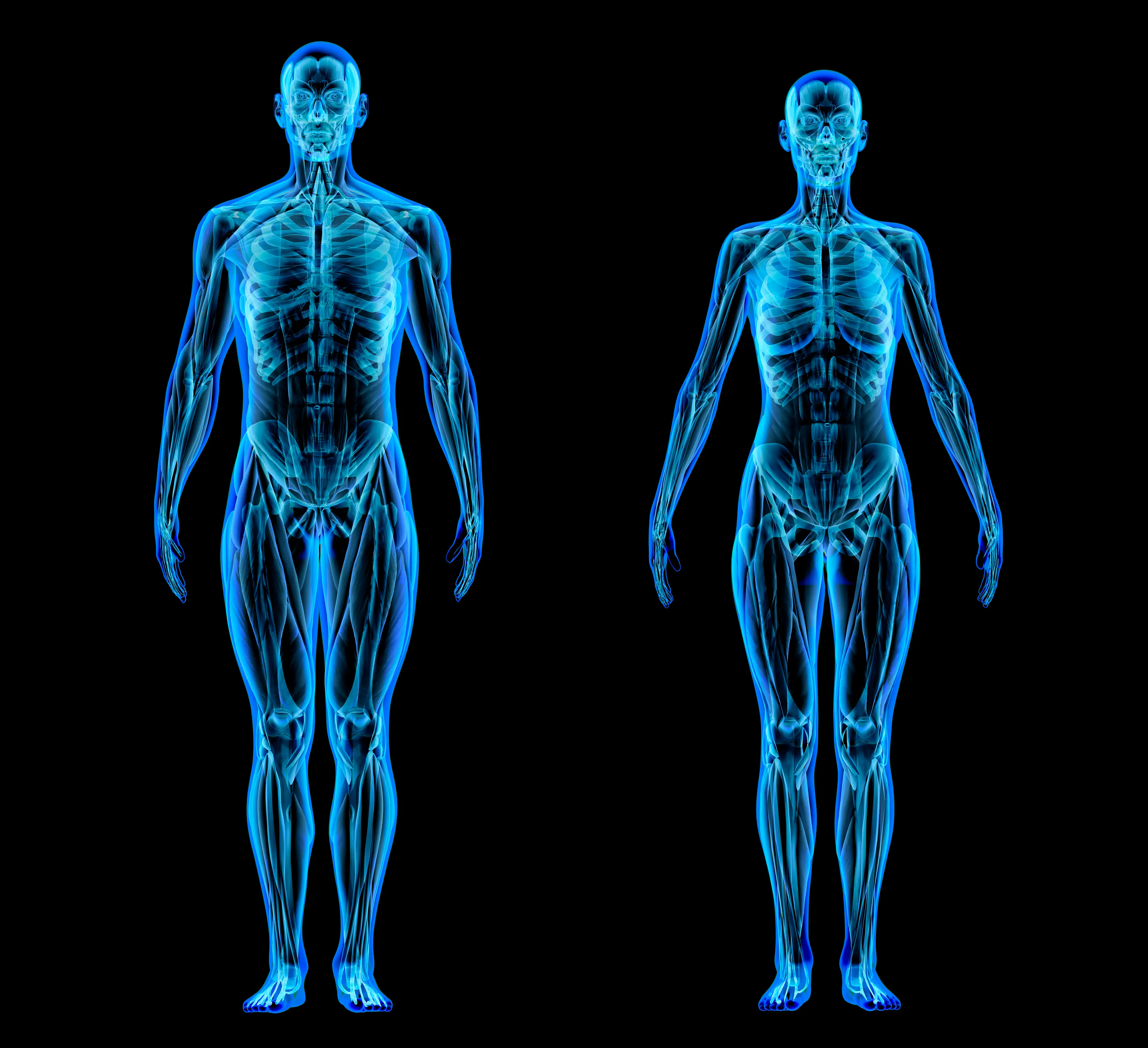
Scientists have identified that the size of one of your body parts can actually reveal how long you’re likely to live for - and the results may surprise you.
Last month, researchers claimed that simple hand-grip tests, which measure grip strength, could act as a ‘powerful predictor of mortality.’
However, scientific experts have now gone one step further. They state that just the size of one particular body part can not only predict your nutritional status and cardiovascular factors, but whether you’re going to suffer multiple health conditions in the near-to-distant future.
How calf muscles can indicate future ill-health
Professionals at the Chinese Academy of Medical Sciences and Fuwai Hospital in Beijing have come to this conclusion after analysing data from 37 studies.
The scientists combed through the results of 62,736 participants, all over the age of 18 to claim that for each 1cm increase in calf circumference, the risk of death was reduced by five percent.
Advert

It’s understood that your calf muscle acts as a strong indicator of your longevity and overall health when compared to the rest of the person’s proportions.
More developed calf muscles allegedly signal superior physical capabilities, particularly among elderly individuals.
They can also indicate the risk of disease because of the correlation between muscle fat and distribution in the body.
Moreover, thicker calves can signal that you’re less likely to be one of the 10 to 16 percent of elderly people who experience sarcopenia.
Sarcopenia is a musculoskeletal disease in which muscle mass, strength, and performance are significantly compromised with age, according to the National Institutes of Health (NIH).
Usually, age-related muscle deterioration intensifies once you reach the age of 60, and can contribute to various complications including more frequent bone fractures and higher fall risks.
The Daily Mail also reported that sarcopenia can significantly increase risk of death in centenarians compared to those with normal muscle mass.
Italian scientists have previously studied the link between calf measurements and physical capabilities in elderly people aged 80 and above.
The researchers, from the Milan-based institute, Catholic University of Sacred Heart, found that ‘physical performance and muscle strength significantly improved’ in the study participants those with who had larger calves.
They also found that the frailty index score (FI) was ‘significantly lower among subjects with higher calf circumference.’
“Muscle mass plays a crucial role in glucose metabolism and overall metabolic health,” researchers said.
“Indeed, sarcopenia has been linked to insulin resistance and an increased risk of metabolic syndrome and cardiovascular complications.”
How to measure your waist-to-calf ratio

If you’re wondering whether your own calves are up to scratch, then there is a handy method of measurement you can try out on yourself.
Medical professionals use the waist-to-calf ratio (WCR) as a comprehensive health assessment tool.
To use this ‘novel, simple, and cost-effective anthropometric measure’, you first need to measure both your waist and then your calf.
The waist measurement needs to be taken at its midpoint, while the calf measurement is taken at the widest part.
Once you have both, divide the waist circumference by the calf circumference and you’ll get a number.
A ratio of 2.4 or below indicates healthy proportions between midsection and lower body composition, according to Italian researchers.
Values exceeding 2.4 correlate with elevated cardiovascular and circulatory disease risks, as outlined by the Daily Mail.
So, it’s time to get the tape measure out - what do your calves say about the state of your own health right now?
Topics: Health, Science, Women's Health, UK News
